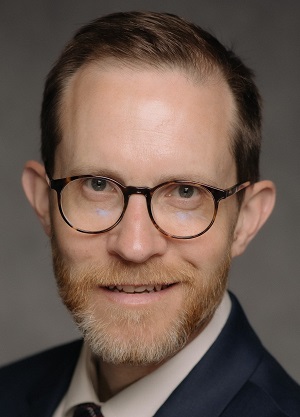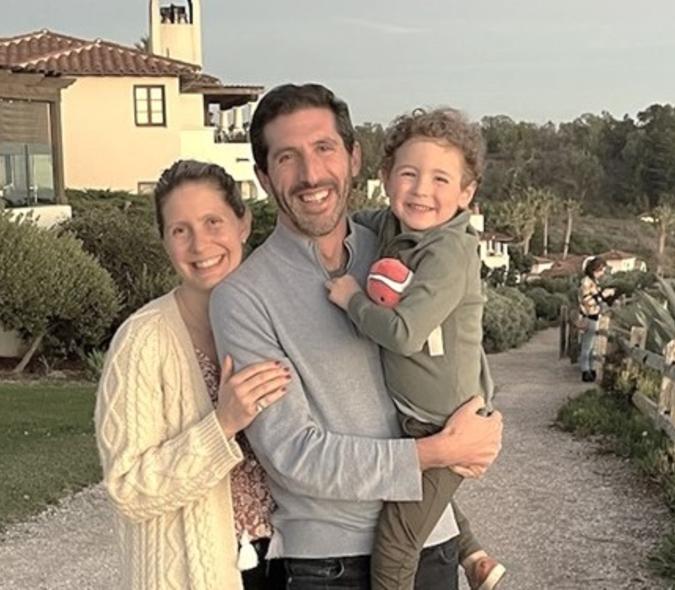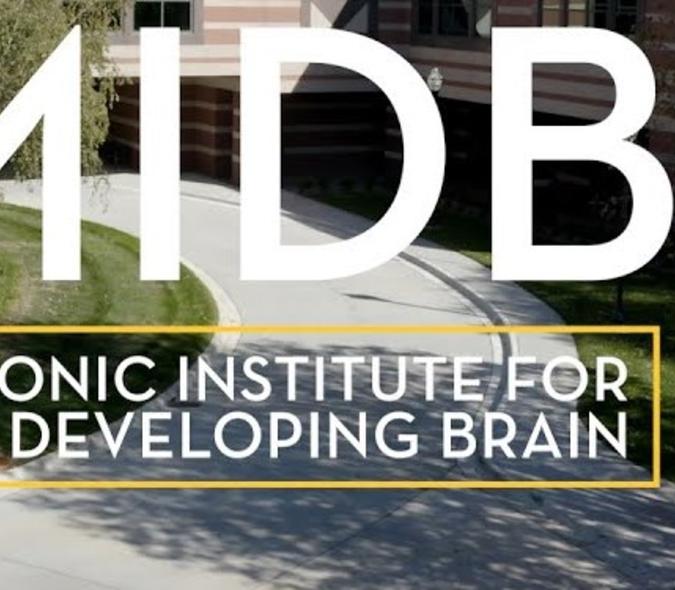
Newest MIDB faculty member enjoys opening doors and giving hope to his adolescent patients
Licensed Psychologist and board-certified Behavior Analyst Tim Moore, PhD, recently joined the department’s Child and Adolescent Mental Health Division and is based at the Masonic Institute for the Developing Brain (MIDB). He was most recently Clinical Services Manager for Positive Behavior Support at Fraser, a provider of autism and early childhood mental health services in Minneapolis.
Moore’s exposure to working with children’s mental health came right after completing his undergraduate degree in psychology at Colby College in Waterville, ME. He then spent eight years in several different roles for a residential school for children and adults with severe behavioral disorders. “It was the first time I met and supported adolescents who had been sent away from their homes and their schools because the intensity of their needs had outstripped local mental health and disability resources,” he said. “In that job, I experienced the power of tailored psychological support for these young people and how it created stability amid chaos, opened up opportunities for them, and gave their families hope for their kids’ future.”

After completing his MS in Applied Behavior Analysis at Northeastern University in Boston, MA, Moore (pictured here) moved to Minnesota and spent eight years as director of Family Centered Behavioral Intervention for Behavioral Dimensions, Inc., in St. Louis Park. “It gave me a new appreciation for enrolling parents and caregivers in the therapeutic process,” he said. “It was a humbling firsthand experience regarding how quality-of-life changes are possible when things start to work better for everyone in the system.”
He then completed his PhD in Educational Psychology and a year-long fellowship in the Department of Pediatrics’ Leadership Education in Neurodevelopmental and Related Disorders, both at the U of M. During that time, Moore spent three years as a Research Associate at the U’s Institute on Community Integration. He would then serve as Clinical Director at Minnesota Life Bridge in Cambridge (under the auspices of the Minnesota Department of Human Services).
Moore works hard to build connection with his patients. “Creating a working relationship that is grounded in trust, empathy, and understanding creates the capacity to make decisions together, to share goals, to be open and honest about barriers, and ultimately, to achieve treatment goals in a way that are sustainable,” he said.
Having held several different roles in the profession and with a recent shift to a training role at MIDB in the U’s College of Education, Moore found that he missed being more closely connected to the change processes that affect people’s lives and wanted to get back to clinical care. He’s excited about the interdisciplinary nature of his new team at MIDB. “A core theme that’s been reinforced at every step along my career path is that a variety of perspectives that are brought to complex situations are necessary to drive sustainable, effective change,” he said.
A published author and sought-after presenter, Moore wants to answer some of the research questions he has about treatment adherence and shared decision making while he’s at MIDB. “My interest in how patients use interventions during their daily lives cuts across diseases, disorders, and treatment approaches, so I’m eager to learn how my colleagues have looked at this area and how we can partner, both clinically and in research,” he said.
When he has spare time, Moore and his family enjoy being outside doing whatever is in season, from camping and hiking to canoeing, golfing, and Nordic skiing. They also make maple syrup from the trees in their backyard!



